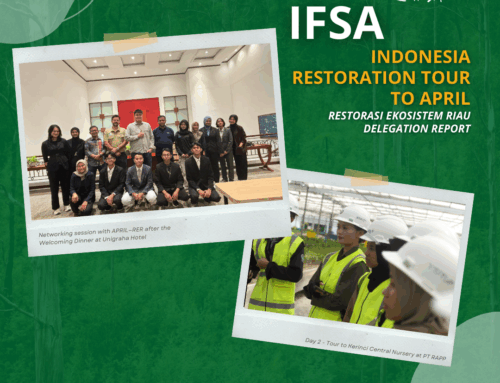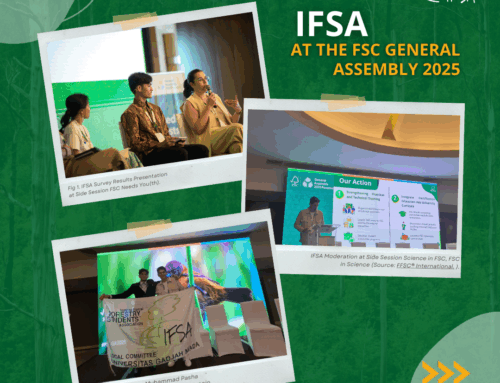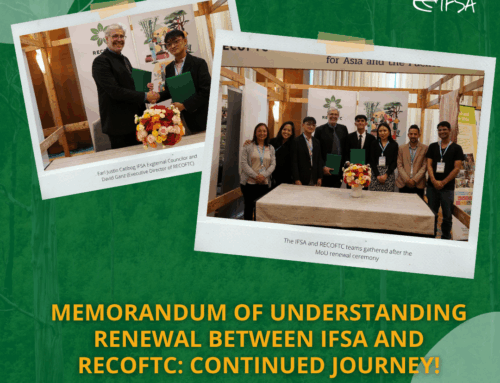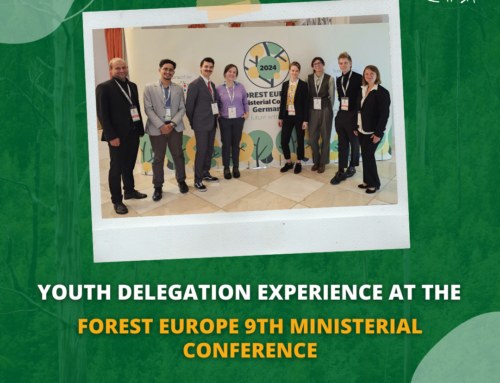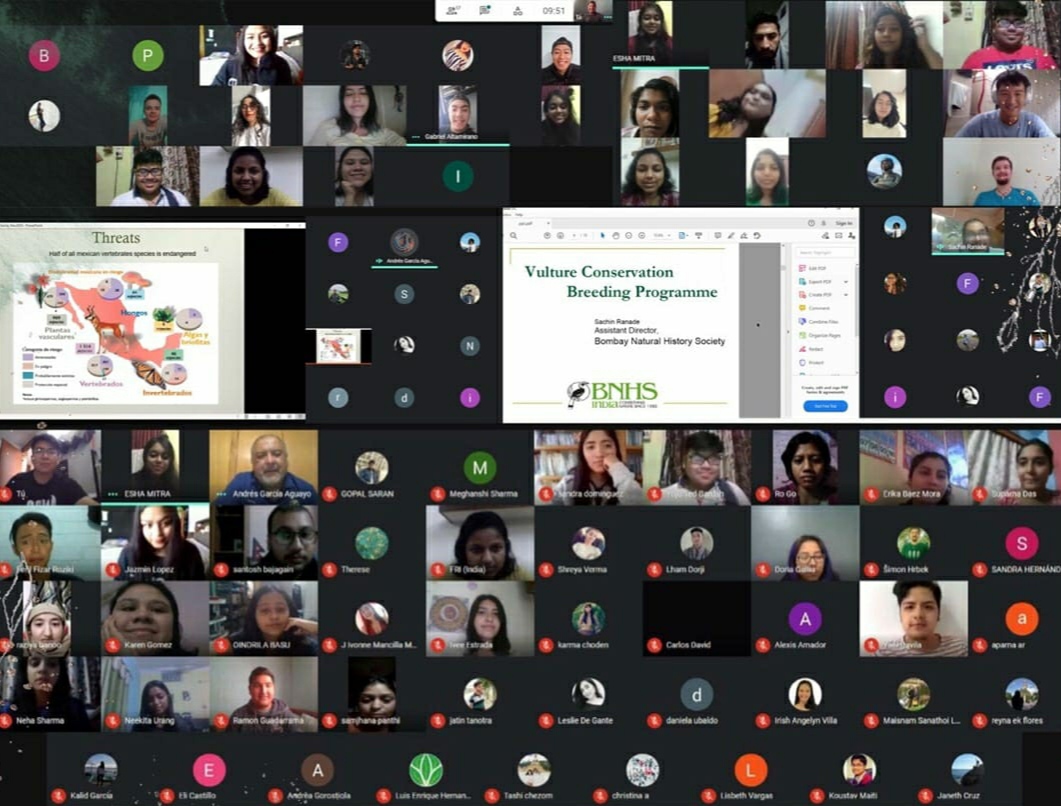
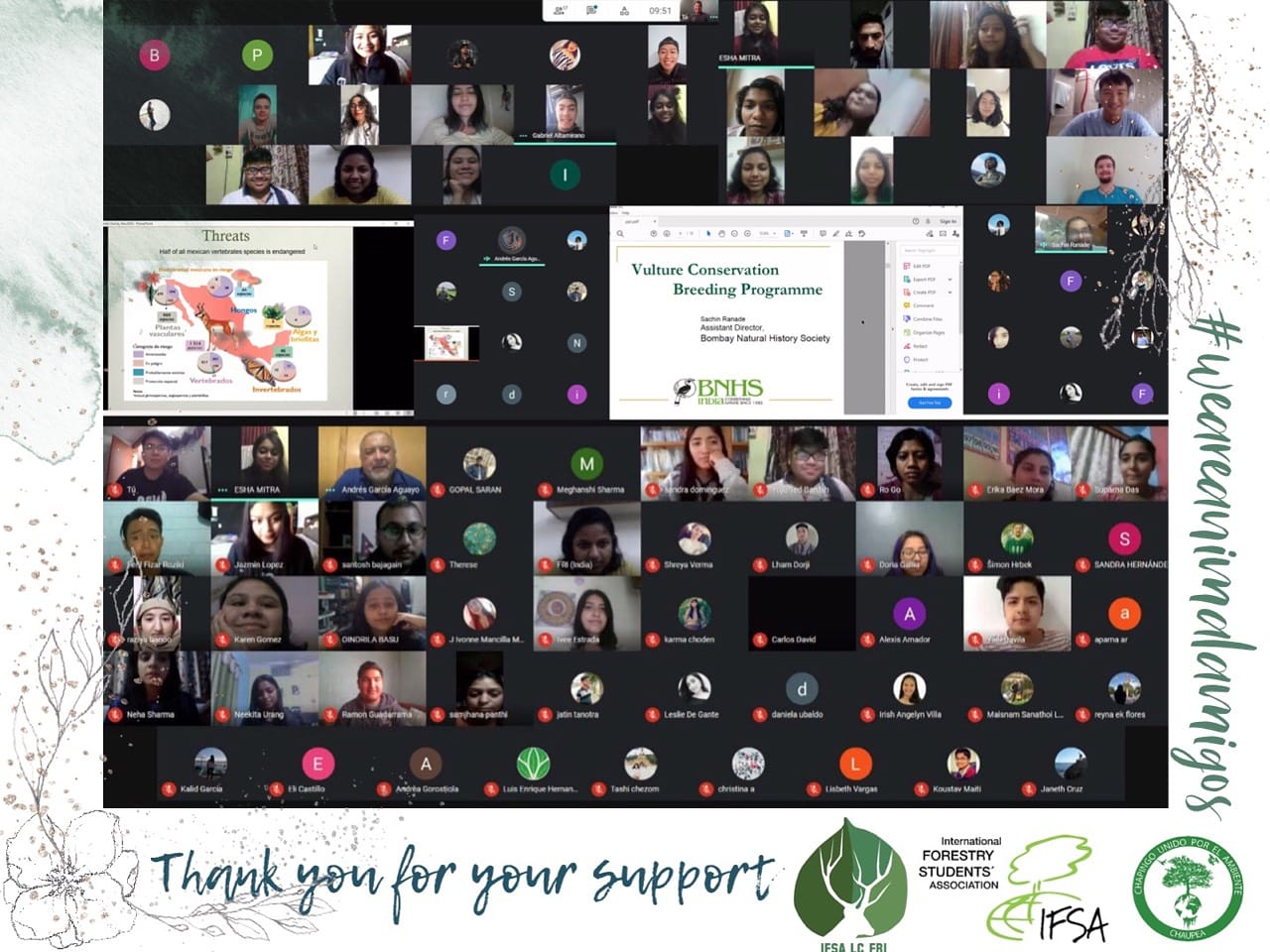
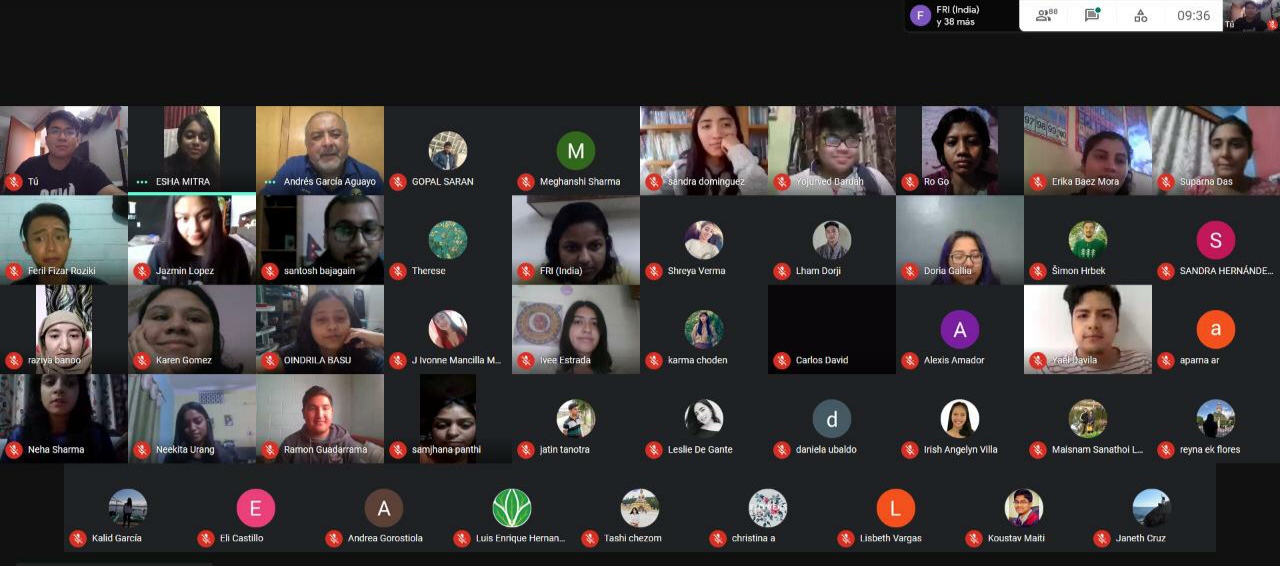
WE ARE ANIMAL AMIGOS…… A WEBINAR SERIES ON WILDLIFE CONSERVATION STRATEGIES FROM THE PERSPECTIVE OF TWO MEGADIVERSE COUNTRIES, INDIA AND MEXICO
It is very rarely do we derive the opportunity to learn about the biodiversity and culture of two areas very distinctly. The month of November 2020, however, showed us a glimpse of that when two local Committees of the two megadiverse countries, India and Mexico, joined hands to create an example of biodiversity, cultural exchange and global friendship through a webinar series. The Webinar series titled “We are Animal Amigos” was a 2 days event organised by LC Forest Research Institute (FRI) and LC Chapingo Unido Por el Ambiente (CHAUPEA) from India and Mexico respectively on 6th and 7th of November, 2020. With the central theme being “Wildlife Conservation Strategies from the Perspective of two Megadiverse Countries”, the event tried to highlight the conservation aspects of the endangered species of the country while giving us a key idea on the impacts of wildlife in culture and heritage of the two countries.
On the first day, i.e. on 6th of November, 2020 at 8:30 am, Mexico City time (GMT-6:00), the presentation “Challenges in the conservation of terrestrial vertebrates in a megadiverse country, the case of Mexico” was held by Dr. Andrés García Aguayo, member of Institute of Biology of Universidad Nacional Autonoma de Mexico (UNAM) through the Google Meet platform. During the webinar, Mexico was presented as a megadiverse country, because the Mexican territory contains 10% of the world’s vertebrate wealth. He mentioned the main challenges for the conservation of these vertebrate terrestrial species, especially in the cases of endemic species since 42% of this population is within some category of risk. One of his special mentions during his lecture was on Micro-Endemism. Mexico is known to have about 570 species of vertebrates which are recognized as micro-endemic in the country.
On the second day, that is on 7th of November, 2020 at 8.00 pm, Indian Standard Time (GMT+5.30) we had the honour to listen to the lecture of Dr. Sachin Ranade, Scientist and Assistant Director of Bombay Natural History Society, India. He enlightened us on the prominent issue of Vulture population decline, through his presentation “Captive Breeding of Endangered Vulture Species”. He provided us with a well detailed lecture on different vulture species, process of vulture captive breeding under natural conditions, which reflected his 20 years of Experience on Vulture Conservation. When asked by the moderator, Esha Mitra, on what he expects from us as students, he very coyly replied that he expects us to be the Ambassadors of Conservation and spread the knowledge of Nature Conservation, as much as we can.
Finally, the most cherishing thing that this webinar made us experience was the golden thread of friendship formed between the two countries that helped weave a colourful tapestry of knowledge and cultural exchange and share it with the entire world. This was reflected through the wonderful words shared by the people involved in the journey.
“Due to COVID-19 pandemic, we have been conditioned to spend most of our days in front of our computer screens, so we were somehow worried about the attendance of the event, as many students are beginning to get tired of these dynamics. However, in the end, the event came up really well, had [a] great audience and participation of the attendants and generated new and updated knowledge about fauna conservation”, said the working committee from LC CHAUPEA, Mexico.
According to Annie Biju, the president of IFSA LC FRI, the webinar series has been an amazing experience , having been to share knowledge regarding the conservation strategies in two Mega-Diverse countries. She said that she was glad to have been a part of the organizing committee and work closely with everyone involved. According to Esha Mitra, the vice president of LC FRI, this experience will be her greatest souvenir as her first experience to work with IFSA members of another country and also for her role as a moderator for an International webinar. She also said that this experience introduced her to a newer, more enriching perspective not just on the Mexican-Indian aspect but also for participants from different countries.
One of the most enriching feelings of it all was to receive positive feedback from the participants from all over the globe. A feedback from one of the participants of the webinar said that the webinar for him/her was very updated and thoroughly informative for his/her future study pursuits.
Written by Yojurved Rajkhowa Baruah (IFSA LC FRI), Adriana Pedraza (IFSA LC CHAUPEA), Edgar De La Cruz Hernandez (IFSA LC CHAUPEA), Janeth Cruz De La Cruz (IFSA LC CHAUPEA).
